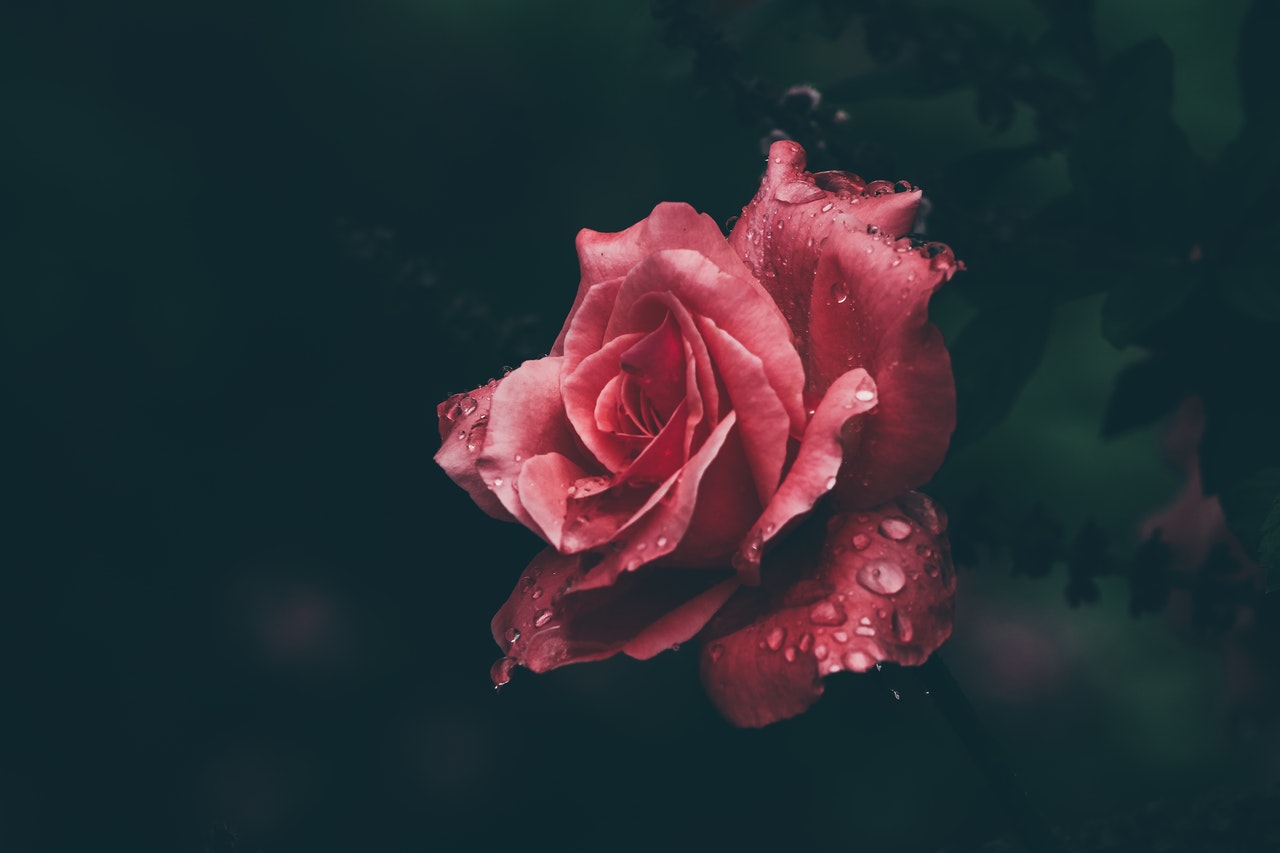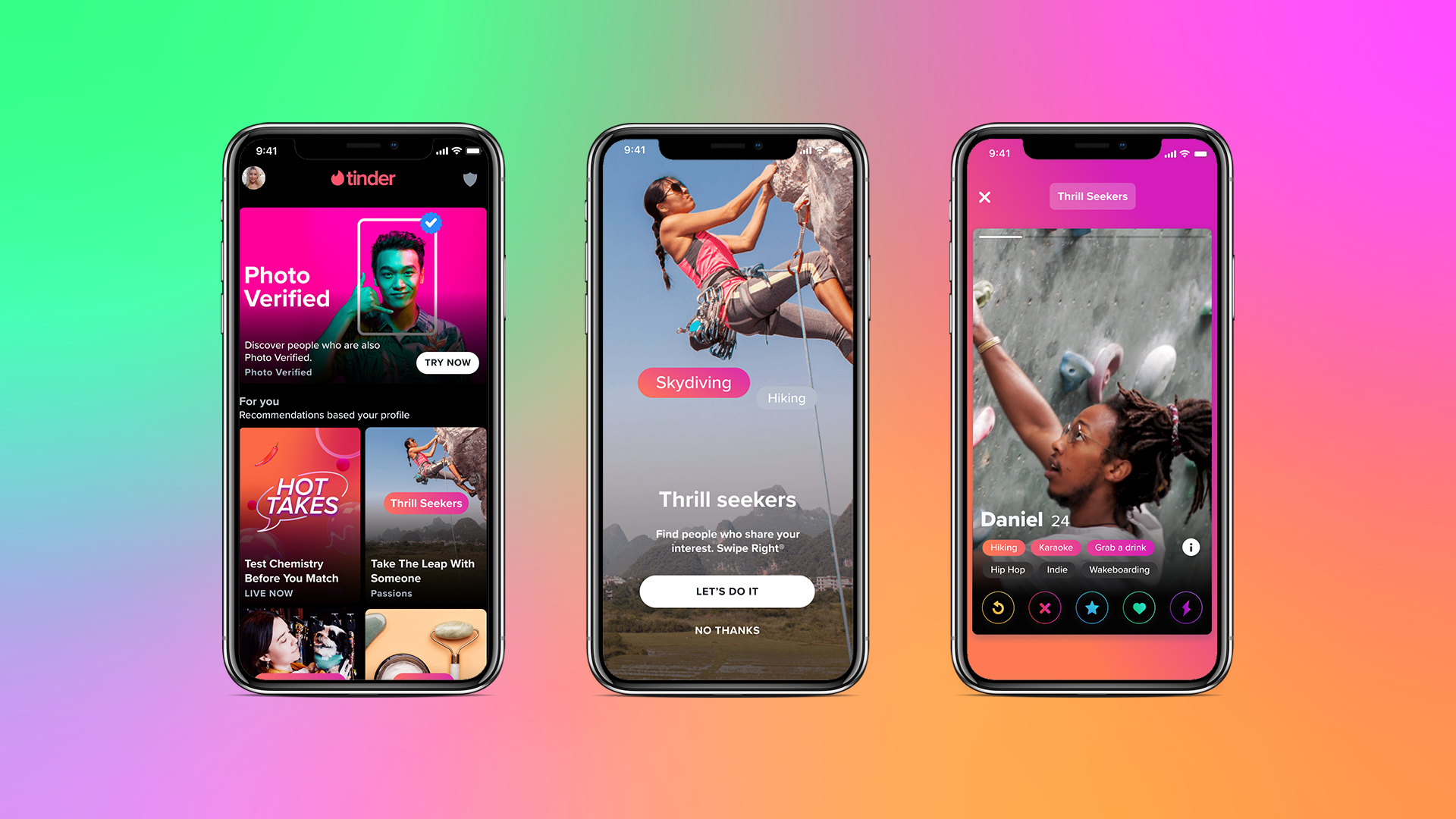What were the main reasons for you to pursue the Lovebomb project?
I have always been a movie buff and film censorship has changed from the time I was a kid. In the past, they couldn’t show blood, you had actors grabbing their chests and the camera panning to a little hole on their chests, but Sam Peckinpah revolutionized Hollywood with his violent and bloody shootouts in the 1970s.
In the current TV industry, shows like CSI are grotesque and have a tendency to titillate with their explicit violent imagery and reworking of crime scenes, but isn’t it hypocritical that you can’t show a woman being brutally raped as long as the nipple isn’t revealed while the mere sight of a female breast and nipple is considered offensive and a huge no (even a mother breastfeeding her child) on public television. This doesn’t make sense at all to me.
This issue still puzzles me: Why are people not as uncomfortable about violence as they are about nudity that is not even meant to be arousing in the first place? In fact violent, gory images have become part of the mainstream and appear in the news, movies and various entertainment programmes. I guess that’s my main reason for pursuing this project.
Do you think that depiction of violence and sexuality is different in Singaporean and European media?
I don’t think there are many differences. It is pretty much a global reaction: Violence is ok but nudity is not. On a Saturday afternoon, kids can watch with their parents in the comfort of their homes, a re-run of Cobra where Sylvester Stallone goes on a killing rampage and blows up everything in sight, which the powers that be consider alright, but if Stallone kisses another guy on the lips, the scene would certainly be censored before the broadcast.
It seems odd and disturbing to me that people don’t blink their eyes when a baby is brutally murdered on screen but when they see a couple showing physical affection, for example a male lover rubbing his partner’s breast, we notice something different from the crowd.
Having said that, Holland is a very liberal nation and we have a strong belief that everyone has a right to make up their minds and all voices must be heard as long as there is respect for everyone. There is even a kid’s programme that explains what a nudist beach is to children, but it appears on the channel which caters to people who have liberal value systems.
As a future parent, what will some of your ground rules be when it comes to media consumption?
I wouldn’t allow my children to watch CSI when they are young. Obviously, I wouldn’t want my children to become murderers because the graphic nature of the shows can easily qualify as a great how-to-murder guide. As for nudity, I think it’s fine that they can be exposed to images that are natural and are not meant to titillate. Having mentioned that, there is a distinction between nudity and pornography. I would never want my kids to be exposed to the unsavory and unrealistic images that abound in that genre. Oh yeah, they can certainly see my artwork because it wouldn’t make them depraved killers.
Anything else about nudity that piques you?
Everybody is comfortable at home about nudity, but not in public, so it’s not the question about nudity but more about how other people think of you. Put a naked body in a gallery and most people wouldn’t even sneak a second look.
I am from Europe, where there are beaches for nudists, and believe it or not, when I was a teen, I was easily embarrassed by my mum who frequented such beaches.
What’s your work about?
Visually my work is meant to amuse, not shock. How can it shock when you are looking at such bright colors? Isn’t the bomb scarier than the puffed up pink boob? And aren’t breasts meant to convey a sense of love and security?
I don’t want my work to be intellectually challenging, instead of being about what the artist is trying to convey, the visitors should make up their own minds about the works as well as derive a sense of amusement and pleasure from their day out.
Check out the uber cool lovebomb sculptures and paintings from May 13-21at The Substation Gallery, 45 Armenian St., 6337- 7535.





